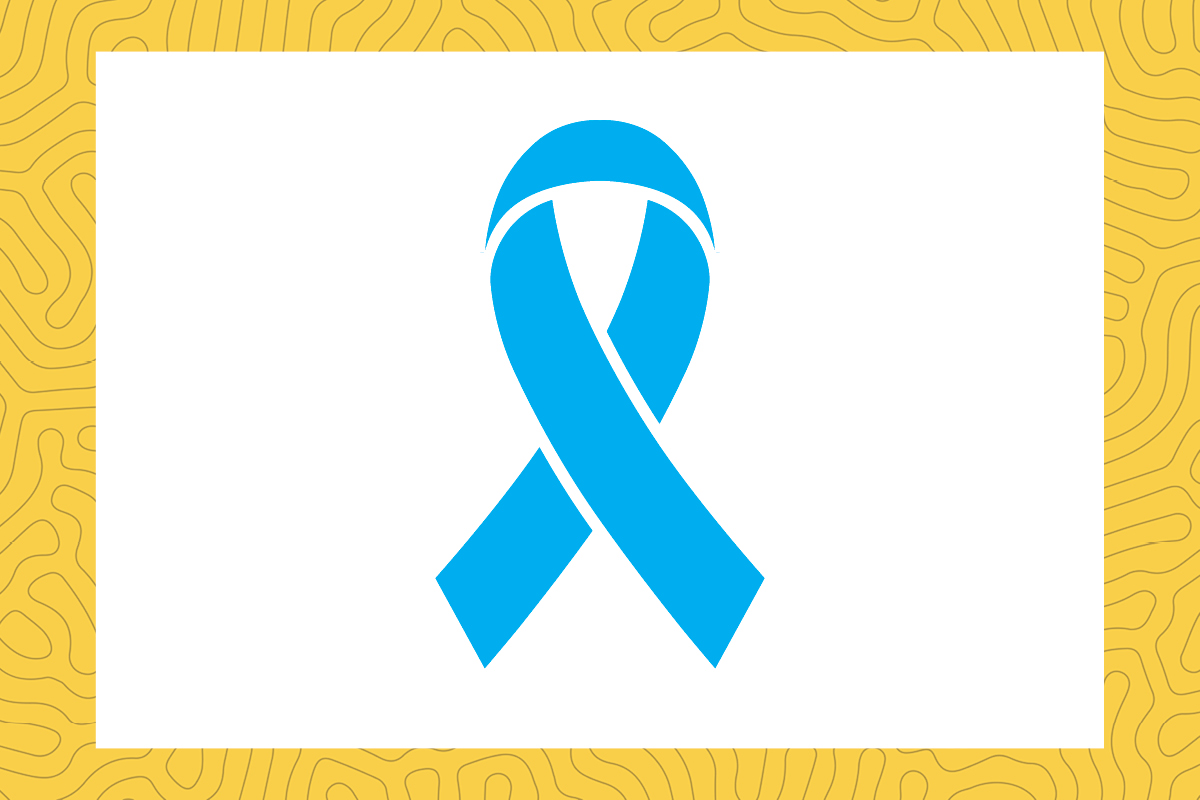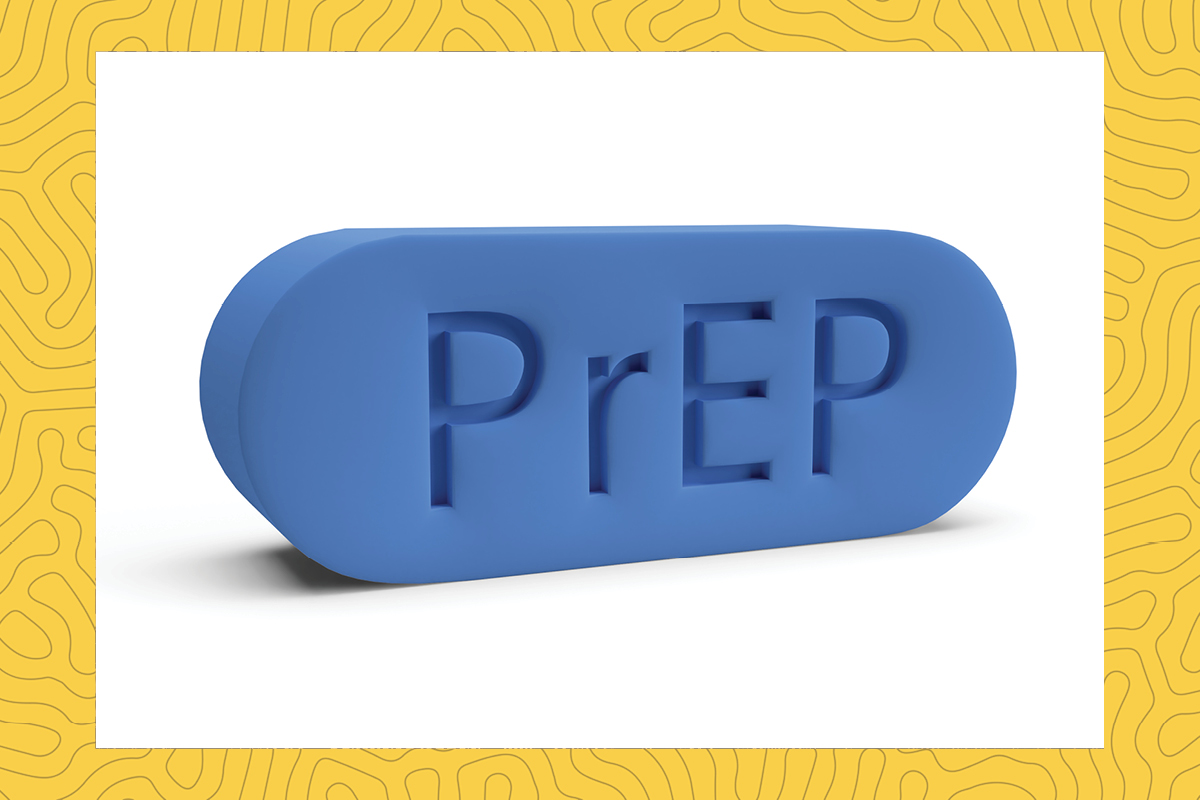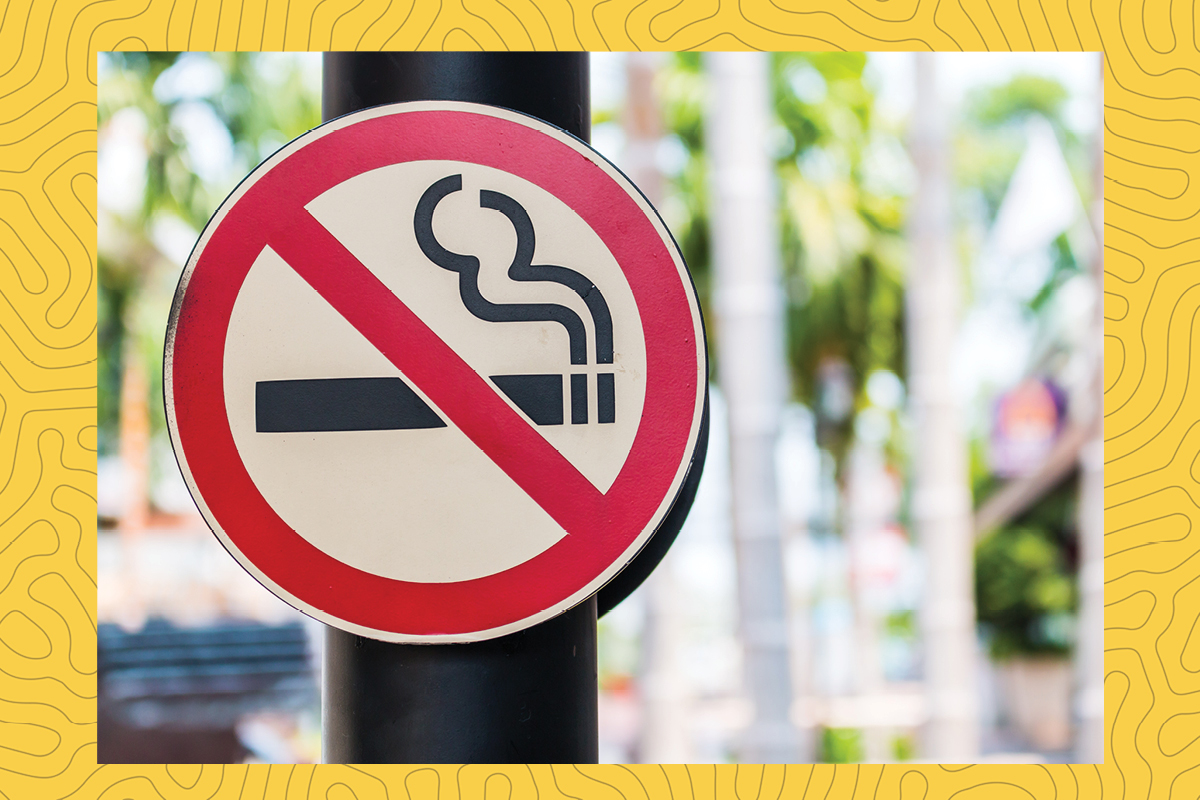Unlocking Public Health
Quick summaries of impactful Rollins research

JOURNAL | Journal of Public Health
THE BIG MESSAGE | Drug overdose death rates increased after states implemented stay-at-home orders in 2020, and longer durations of these orders were associated with higher rates. The findings point to a need to design comprehensive strategies to prevent deaths of despair during future public health crises.
ROLLINS AUTHOR(S) | Kathryn Yount, PhD

JOURNAL |Nature Medicine
THE BIG MESSAGE | Alzheimer’s disease develops and leaves signs in the brain years before cognitive symptoms show. This study reveals changes that occur up to 30 years prior to the onset of symptoms and highlights three potential critical times for early interventions. Knowledge of Alzheimer’s evolution in the brain over time is essential for developing new diagnostic tools and precision therapies for the disease.
ROLLINS AUTHOR(S) | Shijia Bian

JOURNAL |JAMA Network Open
THE BIG MESSAGE | This article examined the relationship between extreme heat days and suicide watch incidents in prisons without air conditioning. Findings suggest that the two are associated, as suicide incidents increased as temperatures rose. This correlation contributes to growing research about the effects of climate change on prison populations and has implications for advocacy for incarcerated people in the face of increasing extreme heat days.
ROLLINS AUTHOR(S) | David H. Cloud, PhD, JD; Regine Haardorfer, PhD; Hannah Cooper, ScD
JOURNAL |JAMA Network Open
THE BIG MESSAGE | Researchers mapped pre-exposure prophylaxis (PrEP)-prescribing locations and pharmacies in areas across six Southeastern states with high HIV risk. They found that PrEP-prescribing locations were unequally distributed, with fewer in areas of highest risk, but pharmacies were evenly distributed. This finding suggests that expanding HIV prevention services into pharmacies in high-priority areas could significantly increase high-risk populations’ access to PrEP.
ROLLINS AUTHOR(S) | Christina Chandra; Daniel l. Alohan; Kristin R.V. Harrington, PhD; Diego Cruz; Aaron Siegler, PhD; and Natalie D. Crawford, PhD

JOURNAL |Preventing Chronic Disease
THE BIG MESSAGE | In this report, researchers and community partners associated with the HERCULES Exposome Research Center described the collaborative process used by HERCULES and its community partners to address racism and power dynamics impacting their research. Other academic research centers can use this approach to address institutional racism, embed equity into their work in communities of color, and improve the relevance and impact of their research.
ROLLINS AUTHOR(S) | Erin Lebow-Skelley; Martha Scott Tomlinson, PhD; Melanie A. Pearson, PhD

JOURNAL |Cancer Medicine
THE BIG MESSAGE | Disparities in access to health care may drive longer wait times between diagnosis and treatment of prostate cancer, contributing to disparities in prostate cancer mortality. This study revealed large differences in wait time based on race and insurance status, which continued to grow even after implementation of the Affordable Care Act (ACA). This finding reveals that while the ACA increased access to insurance, it did not necessarily increase access to timely care.
ROLLINS AUTHOR(S) | Jeffrey Switchenko, PhD
JOURNAL |Public Health Nutrition
THE BIG MESSAGE | The Georgia Food for Health (GF4H) program offered cooking classes, education sessions, and produce vouchers to Grady Health Systems patients facing food insecurity in Atlanta. This study examined whether participation in the program led to changes in health. Attending more program sessions was associated with lower BMI, waist circumference, and blood pressure, all of which are risk factors for heart disease. These findings strengthen evidence about the benefits of produce prescription programs and can help shape GF4H moving forward.
ROLLINS AUTHOR(S) | Aryeh Stein, PhD; Amy Webb Girard, PhD
Journal |PLOS ONE
THE BIG MESSAGE | Between fear of disclosing HIV status, and delays and decreased engagement in care, stigma is a significant barrier to health care received by HIV-positive young adults. Future interventions should aim to address these sources of stigma while strengthening coping mechanisms used to face them.
ROLLINS AUTHOR(S) | Michael G. Curtis, PhD; Whitney S. Rice, DrPH; Sophia Hussen, MD
JOURNAL |PLOS ONE
THE BIG MESSAGE | Georgia and Armenia Teams for Healthy Environments and Research (GATHER) is a collaboration between Armenia, the country of Georgia, and U.S. researchers. They recently tested the impact of community coalitions to promote smoke-free policies in various settings across Armenia and Georgia. These community coalitions created policies, promoted existing policies, and conducted awareness events and remained active despite extreme challenges posed by war and the COVID-19 pandemic. These efforts show that community coalitions can drive local change in a global context.
ROLLINS AUTHOR(S) | Michelle C. Kegler, DrPH








